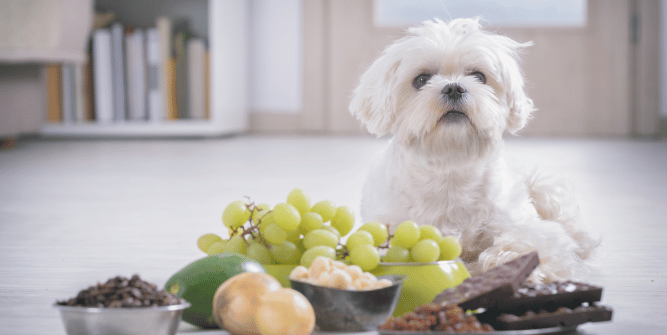
Foods to Avoid for Dogs - A Must-Read for Pet Owners
Introduction
Ever drop food on the floor and let your living vacuum (your doggo) clean up the mess? That’s not a great dog-feeding idea buddy!
Certain human-safe foods can be hazardous to dogs. Before you share your meal with a dog, it's important to know what they can eat.
Because dogs have a different metabolism than humans, they require different dog supplements.
Giving human food to dogs can have serious health consequences and even be lethal.
This blog discusses what human foods to avoid for dogs. If you have a dog, keep these foods out of his or her reach.
Normal human food is too rich and fatty for a dog to digest efficiently, and attempting to do so could cause vomiting, diarrhoea, and even more serious conditions like pancreatitis. Use this short list of acceptable and prohibited foods for your dog as a "cheat sheet" to help keep your best friend safe.
Human Food Harmful to Dogs
Many household foods are dangerous—and often toxic—to dogs. Foods to avoid for dogs are listed below. However, although these are common danger foods for dogs often found in households, it's not meant to be an all-inclusive list.
① Chocolate

One of the most frequent causes of poisoning in pets is chocolate toxicity. Theobromine, a deadly ingredient in chocolate, is found in greater quantities in darker chocolate. In addition to caffeine, some sugar-free chocolate may contain the toxic substance xylitol, which is harmful to dogs.
Simply put, dogs and cats do not digest chocolate the same way that humans do. Though any kind of chocolate can cause issues, the worst culprits are baker's chocolate or dark chocolate.
Symptoms associated with the ingestion of chocolate can include hyperactivity, vomiting, diarrhoea, pancreatitis, abnormal heart rhythm, and seizures. Call your veterinarian immediately if your dog consumes any chocolate, no matter how little. It’s best to save all types of chocolate for humans and keep dogs away from them.
② Avocados

Persin, a toxin found in avocados, is entirely safe for humans to consume yet extremely dangerous to dogs.
You should refrain from giving your dog any parts of the plant because it can be present in the avocado plant's fruit, pits, leaves, and bark.
These could cause fluid to build up in a dog's lungs and chest if it eats them. This may make it:
- Challenging for them to breathe, which may result in a lack of oxygen and possibly death
- Fluid buildup in the abdomen, pancreas, and heart can result in additional fatal complications.
So avocados are one of the most Harmful human foods for dogs.
③ Onions and Garlic

Dogs should not consume any products derived from the allium plant family. These consist of garlic, onions, and leeks. It may cause the dog's red blood cells to be destroyed, which could result in further issues. Out of these, garlic is five times more dangerous foods for canines than other members of the allium plant family.
It doesn't matter if you consume small amounts of this food throughout the day or a large amount at once. The dog can face severe health issues in both scenarios. If your dog doesn’t enthusiastically dig into the food, shows signs of weakness, or vomits a lot, then it's best to opt for veterinary treatment.
④ Grapes and Raisins

Human foods harmful to dogs also include raisins and grapes can be exceedingly poisonous and can not be considered human foods safe for dogs.
Even modest amounts of grapes can make your dog ill; the harmful substances they contain are still unknown.
Although the toxicity varies from dog to dog, a study that looked at 169 reports discovered that some dogs actually passed away after eating just a handful of raisins.
As a result, ingesting any amount should be treated severely.
It is crucial to remember that consuming grapes and raisins raw or as ingredients in baked goods like cookies, cakes, and snack bars might result in poisoning.
Some common tells of poisoning are:
- Lack of appetite
- Lethargy
- Diarrhea
can be seen within the next 12-24 hours.
Thus raisins and grapes are one of the foods to avoid for dogs.
⑤ Macadamia Nuts

Dogs that consume macadamia nuts may experience a variety of excruciating symptoms, such as weakness, vomiting, and overheating. It is one of the foods poisonous to dogs. Though the exact mechanism for the poisoning is something of a mystery, these famous Hawaiian exports are considered toxic foods for dogs.
While Macadamia nuts are the most dangerous, other nuts may be choking hazards or problematic if they're flavoured or spiced.
⑥ Caffeine

Coffee, tea, cocoa, and the South American plant guarana all contain naturally occurring caffeine.
Additionally, medications and soft drinks frequently contain it. Caffeine can stimulate the nervous system and raise heart rate in dogs.
Coffee and sugary drinks that may be a part of the human diet (though not recommended), should definitely not be a part of your dog’s diet routine.
Dogs may experience:
- Agitation
- Excessive thirst
- Loss of urinary control
- Vomiting and diarrhoea
within 2-4 hours after consuming coffee.
Dogs who consume too much caffeine may develop irregular cardiac rhythms or lung failure, both of which may result in death.
⑦ Yeast dough

Yeast is considered one of the riskiest foods to avoid for dogs. There can be a problem if the dog accidentally consumes the unbaked dough containing yeast. The yeast will continue rising even after the consumption. Hence it is said that yeast in any form is risky for the dog.
The dog may experience stomach bloating and gas since the dough continues to rise. Apart from the apparent complaint of discomfort, the yeast may also result in intestinal blockage. This problem may interfere with the digestive process.
⑧ Salt

While sharing that bag of chips or pretzels might be endearing to people, it may put dogs' health at danger. A large amount of salt is not good for both dogs and humans. When dogs have a lot of such salty snacks or food, they suffer from the likelihood of sodium ion poisoning.
This problem manifests as depression, vomiting, diarrhoea, tremors, or seizures, among other symptoms. In severe circumstances, the dog may even pass away.
⑨ Sugar-Free Gum & Candy (Xylitol)

Several foods consumed by humans, including sugar-free gum and candies, contain the sweetener xylitol. However, it can result in a sharp drop in blood sugar in dogs, which can cause weakness and even seizures. Liver failure can also occur in some dogs.
In fact, instances of dog poisoning linked to this artificial sweetener—which is frequently included in baked goods without added sugar—are increasing. Five pieces of gum contain so much Xylitol that it could kill a 65-pound dog.
What To Do If Your Dog Eats a Toxic Food
Seek immediate medical attention if your dog consumes poisonous food.
The following are some indicators that your dog may have consumed a toxic food: anorexia, discomfort, vomiting, or bloody stools. A dog's stomach may occasionally feel firm to the touch and swell up from gas. If treatment for this painful condition is not received, the stomach may burst.
Depending on the type of toxin consumed, there are wide variations in what to do exactly (e.g., whether to induce vomiting or not). You can make certain situations worse by making someone throw up.
Make a quick call to poison control or your veterinarian instead of attempting to solve the problem on your own. Time is of the essence. If a dog gets help quickly, its treatments are usually more successful and its stay in the hospital is shorter.
You should ask your veterinarian to forward all of your treatment records to your pet insurance provider if you have a good policy.
Conclusion
You can prevent your dog's stomach problems by keeping an eye out for the foods on this list. Yet, meals have distinct effects on dogs in the same manner that they do on humans. If your dog exhibits any of these symptoms, take him to the vet right away like Zoivane. Your dog will be happier and healthier just by avoiding these foods, and he will thank you for maintaining a healthy diet and regular exercise. Symptoms of poisoning or an allergic reaction include vomiting, muscle shakes, fever, intense scratching, weakness in the limbs, diarrhoea, breathing issues, and lethargy.
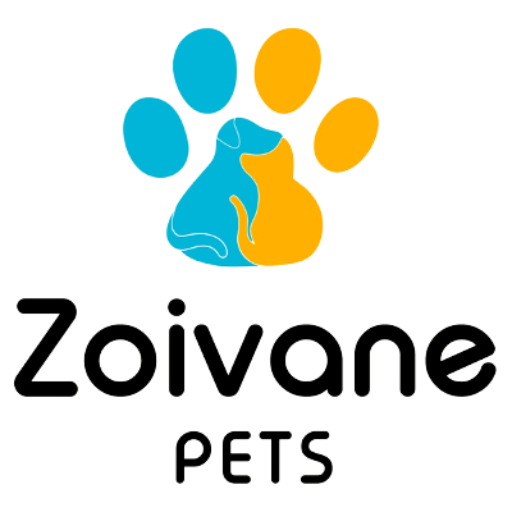
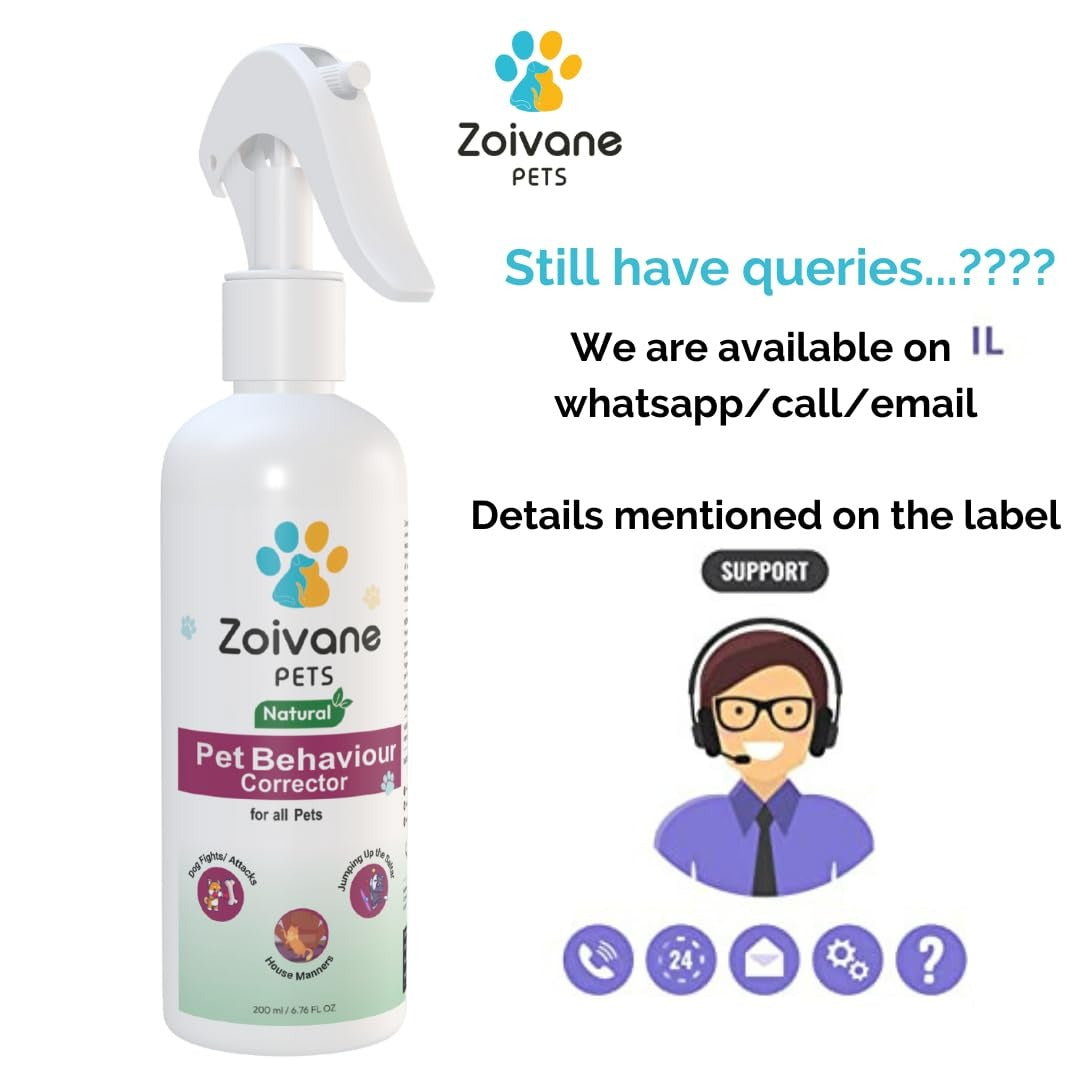
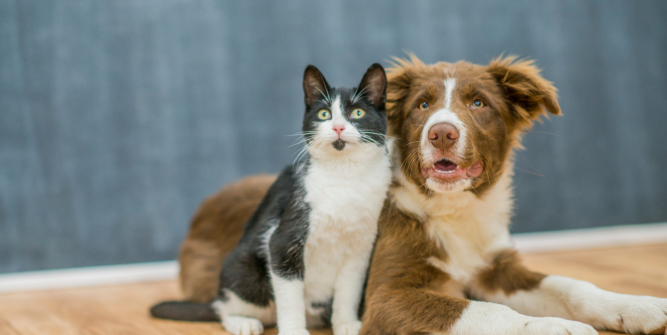
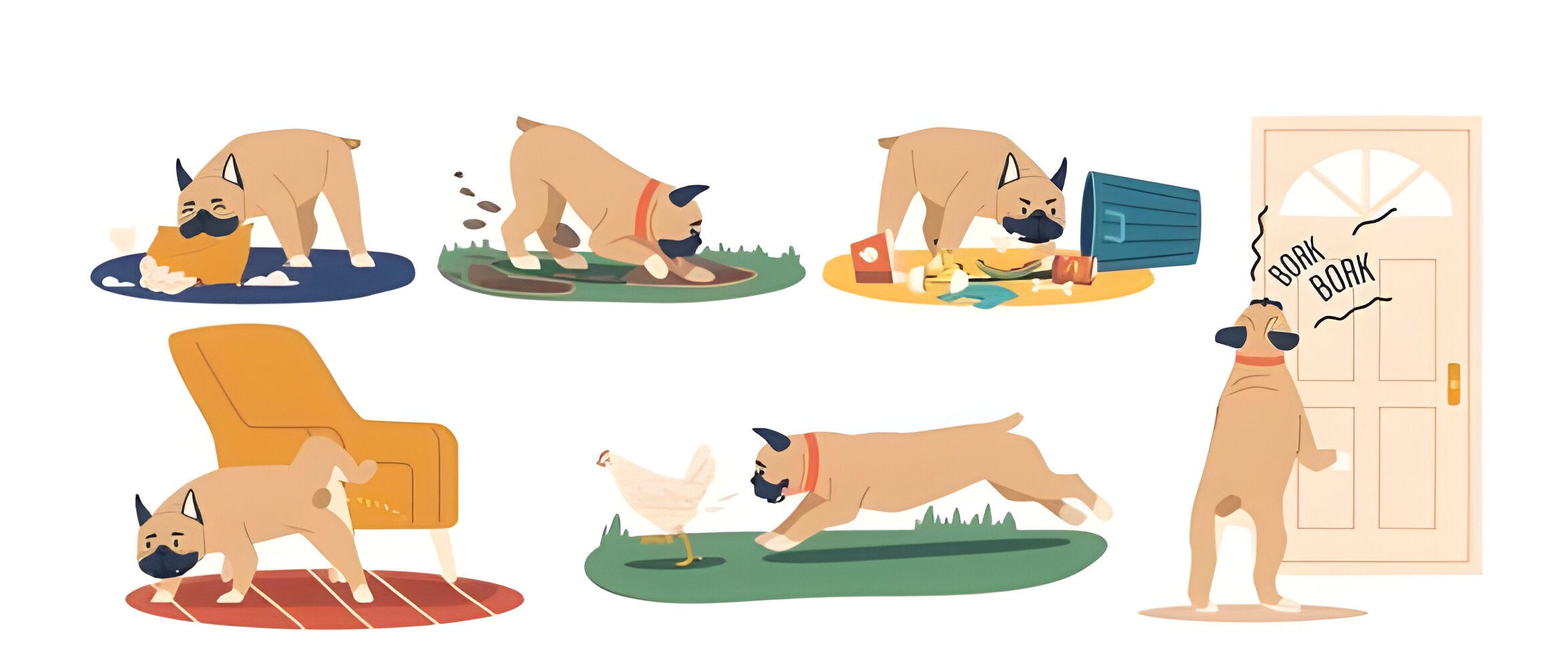
اترك تعليقًا
This site is protected by hCaptcha and the hCaptcha Privacy Policy and Terms of Service apply.